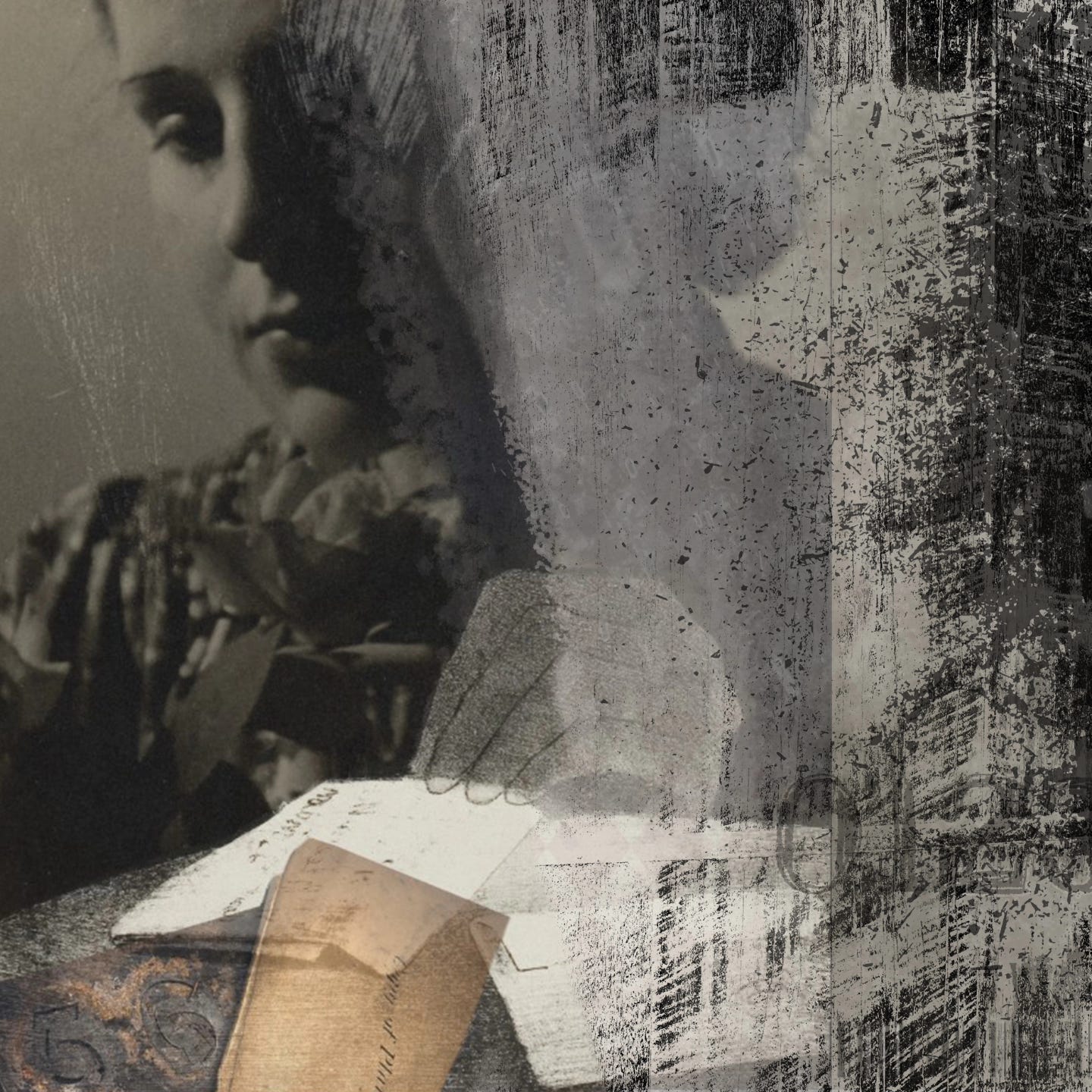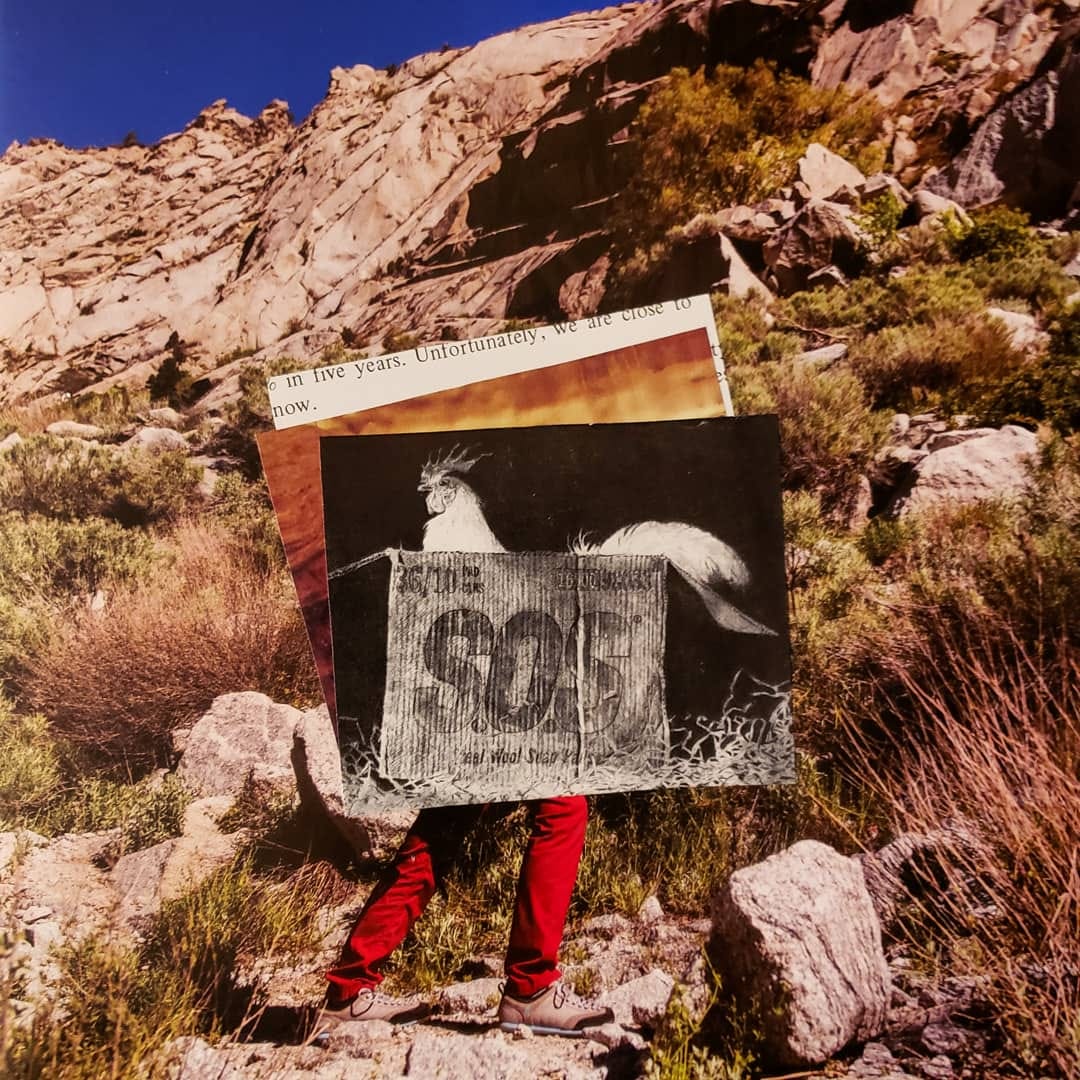Emotional trespassing is what happens when someone tries to read over your shoulder while you’re still writing the sentence. Not to hurt you—but to claim a kind of closeness that bypasses consent. It feels like being studied instead of seen.
The Conditions Creativity Requires
Sometimes the hardest part of writing isn’t the writing—it’s defending the ecosystem that makes it possible: silence (or music), autonomy, privacy. The freedom to tear it up and start again. The right to shape your voice without someone hovering, or asking what it means before it even exists.
The Moment That Made Me Draw a Line
Recently, I had to set a hard boundary with a person in my inner circle—someone who'd begun prodding at my creative life with a curiosity that overstepped, inserting themselves into conversations and attaching to people in my orbit in a way that felt less like interest and more like extraction. On the surface, it might have seemed like harmless engagement. But to me, it felt like a violation. Like stepping barefoot across a wet painting.
It wasn’t overt theft. It was osmotic—subtle, slow. The kind of emotional siphoning that feeds off energy, ideas, or relationships you didn’t agree to share. Not out of true connection, but out of need, envy, or a hunger for relevance. It’s draining in a way that’s hard to name without sounding dramatic—until suddenly, your whole body knows: this isn’t safe.
I didn’t lash out or make a public declaration. I simply stopped responding to the parts that felt invasive and reclaimed my space. I didn’t try to fully explain my discomfort—just quietly closed the door. That’s the boundary: not a wall, but a door only I open.
This isn’t about secrecy. It’s about sovereignty.
When Curiosity Becomes Collapse
When someone presses into a space meant to be yours alone—even under the banner of “interest” or “support”—it can feel like emotional trespass. What’s trickier is that, from the outside, it might look like a desire for connection. But inside, it registers as a collapse of boundaries.
It’s my belief that creative work—especially work rooted in hard-won personal truths—cannot survive under surveillance. Even well-meaning attention can trigger a kind of paralysis. When someone who doesn’t understand the context steps into the frame, the work freezes. The impulse fizzles. The thread disappears.
Writer’s block isn’t always perfectionism. Sometimes it’s the body’s firewall.
The Body Knows When it’s Not Safe
I’ve spent many hours in therapy trying to decode why certain interactions make me shut down so quickly. Here’s the radical truth I’ve come to accept: one of the most vital and nourishing things an artist or writer can create is distance—to protect and defend the sanctity of their work by saying, “I love you, but you don’t belong in this room.”
In psychological terms, resistance is fundamentally protective. It’s not laziness, sabotage, or failure to commit—it’s the psyche saying “not yet,” or “this doesn’t feel safe,” or “I need more control.”
Resistance arises as a defense mechanism—a way of guarding against perceived threat, whether real or internalized. It’s often tied to:
Preserving emotional integrity (e.g., shielding something still forming)
Avoiding retraumatization (e.g., from exposure, criticism, or violation)
Maintaining agency in environments that feel too porous or performative
Resistance is almost always a signal of self-protection. The misunderstanding comes when others—or we ourselves—read it as avoidance or dysfunction.
So no, “writer’s block” isn’t always about self-doubt or perfectionism. Sometimes it serves as the body’s firewall. Creative resistance can be the nervous system’s way of alerting us that a boundary we aren’t comfortable having crossed has just been breached.
A Leak That Stayed With Me
I remember reading about how absolutely gutted Stephanie Meyer was after a draft of her novel Midnight Sun1 was leaked in 2008. She described the act not just as a breach, but as a kind of theft—one that made her question whether she could continue writing the story at all. Not because of any criticism of the work, but because something tender and still-forming had been snatched from her hands and thrown into public light before it was ready.
That anecdote lingered—because I’ve lived the same ache.
Years ago, a person I trusted stole entire notebooks of my early writing—a bizarre incident I’ve rarely spoken about, and one that forced a reckoning I never should’ve been put through. But that’s not what this is about. This isn’t about betrayal. It’s about timing. Becoming. The right to shape myself—and my work—on my own terms, in my own time.
When a piece of your creative life gets exposed too soon, it doesn’t just interrupt the process—it makes you want to stop altogether. To go quiet. To disappear.
There’s a sacredness to the unfinished. A wild, shapeless grace in the drafts we haven’t shown anyone yet. And when that gets violated—whether by a leak, a family member’s gaze, or an over-eager follower—something essential goes missing. And there's always a chance we won't get it back.
As creatives, we cannot allow this to happen. It’s kind of a big f’n deal.
Permission to Shut the Door
If you’ve ever felt guilt over guarding your creative space—or feared that solitude signals selfishness—you’re not alone. But let’s be clear: boundaries are not cruelty. They are care. To protect your process is to protect the fragile engine of expression itself. Because in the end, what more essential tool does an artist have?
A creative life should not be one of constant interpretation, interrogation, or exposure. It must be allowed to breathe without demand.
Privacy is not withdrawal—it is cultivation. A generative space where voice takes root and truth begins to grow.
Reclaiming the Studio
This essay is me reclaiming that space.
Not to shut others out—but to stay close to the work. It needs room to breathe before it can speak—and so do I.
I’m sharing this because I suspect I’m not alone.
If you’ve ever felt this tension—between visibility and safety, between connection and collapse—I’d love to hear from you.
How do you protect your space? How do you know when to shut the door?
Your Friend in Collage,
I’m not exactly what you’d call a Twilight superfan (understatement), but Meyer’s 2008 sci-fi romance novel The Host was unexpectedly brilliant. As an update: it looks like the long-delayed Midnight Sun manuscript has been adapted into a Netflix series, as announced here. That might not be my thing—but I’m genuinely glad she got to finish her work. And for the record, yes—The Host still slaps.









